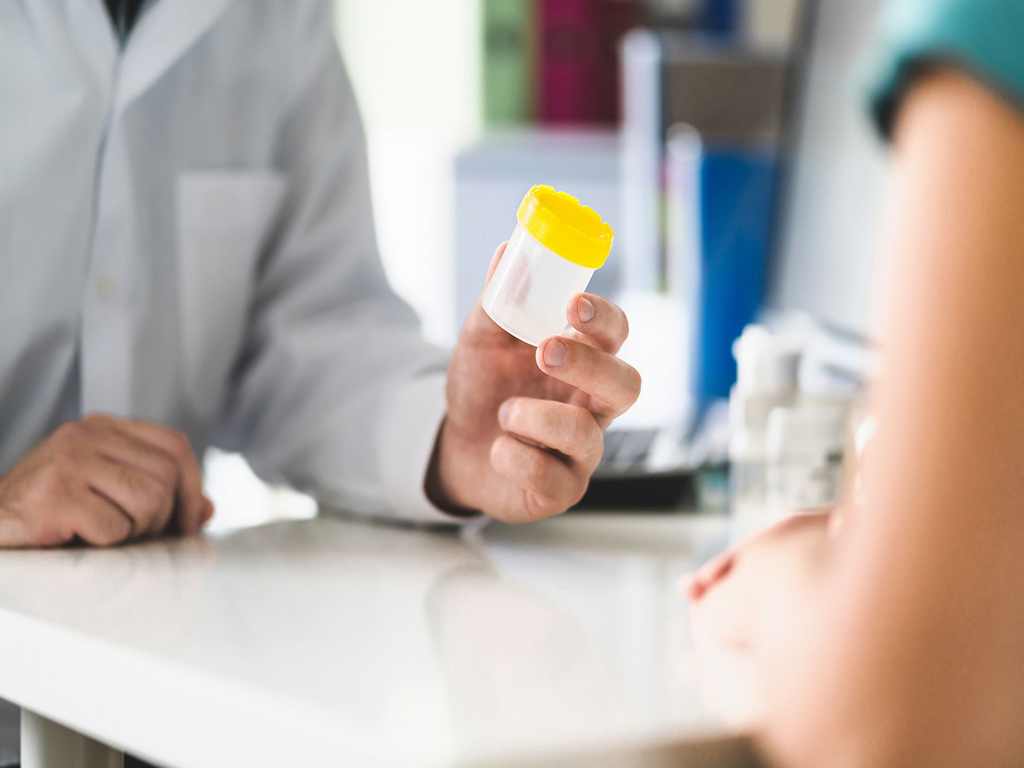Sign of STD to Look Out After Having Sex
To prevent sexually transmitted diseases, you need to adopt a healthy sex life, such as using condoms, maintaining genital hygiene and sex toys, and not changing sex partners. Apart from undergoing tests, preventive measures will be more complete if you get a complete venereal disease vaccine. You can do test for std’s at home.
What about other signs to look out for after sex? Here’s what you need to pay attention to:

Vaginal bleeding during or after sex
Bleeding can occur even if you are in good health, this is due to friction or lack of lubrication. You should see a doctor when bleeding continues after you have sex. You should also visit your doctor when bleeding occurs after sex and is pregnant.
Pain when urinating and urine changes color
Pain or burning sensation when urinating can be a symptom of several types of venereal disease. However, the same symptoms can also arise due to urinary tract infection (UTI) or kidney stones. Sexually transmitted diseases that cause pain when urinating, including chlamydia and gonorrhea. In addition, also watch for discolored urine for an indication of blood.
Discharge from the penis
Foreign particles or substances that come out of the penis indicate the possibility of sexually transmitted diseases or other infections. If you experience this condition, visit a doctor immediately for an accurate diagnosis. Diseases that cause foreign discharge from the penis, including, chlamydial gonorrhea, and trichomoniasis. However, you should go back to your doctor if your signs and symptoms don’t improve or they recur.
Warts or bruises around the genitals
Warts and bruises may be used as early signs of sexually transmitted diseases, including genital herpes, HPV, syphilis, and Molluscum Contagiosum. If you notice strange lumps or bruises near your mouth or genital area, consult a doctor, even if the lump goes away before you go to the doctor. You still have the potential to spread the infection easily even though the sore and lump has disappeared because the virus remains in your blood from time to time.

